Market Share
Self Compacting Concrete Market Share Analysis
The Self-Compacting Concrete (SCC) market is a vibrant, dynamic market in the construction sector, which is characterised by intense rivalry notwithstanding the competition to win in the market. This industry, the companies running it, adopt different strategic positioning schemes using which they can outrun their competition. One generic way is differentiation products in which manufactures stress on new formulations of SCC by highlighting the unique features and characteristics of their product line. Research and development expenses incurred through reinforced mix design, further strengthens the self-compacting concrete and leads to enhanced performance on criteria such as durability, strength and workability factors. These make the products much more valuable as compared to their competitors on grounds of quality and set a new precedent for customers who are passionate about superior performance products.
A second essential strategy in the law of garnering market share is being a leader in cost. Companies which have the ability to generate and bring forth a top-quality SCC at a competitive price are most likely to prevail the market. Through the attainment of economies of scale, effectiveness of production processes and sourcing of raw materials at lower costs, manufacturers gain the cost's edge. Such a concept is tantamount to cost savvy customers above all in large scale construction, where the application of the SCC implies the most significant reduction of the manpower and time expenses.
Along with positioning strategies, the market segmentation is considered the most vital goal. Firms assess project volumes, take into account geographical elements and offers specific solutions for different applications. Developing targeted SCC formulations that meet the special characterization of the specified property segments enables manufacturers to succeed by addressing customer needs broadly. Saying that the SCC for residential construction could focus on the attractiveness and ease of use, while for infrastructural constructions the SCC formulations may define the strength and durability.
And while the partnerships and collaboration with the key stakeholders will ensure that the SSC sector market share position is securely in place. Through creating partnerships with the construction industry's contractors, architects, and engineers, it is possible to form a network that serves to persuade the usage of some specific sort of self-compacting concrete. These collaborations can go beyond arm’s length level, all the way through joint R&D efforts, ultimately ensuring that the entire SCC formulation is adapted to specific projects, and being widely embraced in the industry.
While these strategies are critical in SCC, striving for sustainability becomes more and more popular. Formulations of environmentally friendly kind with the potential to reduce emissions and decrease the levels of resource consumption have a specific target market segment that is the environmentally conscious customers. Companies should always strive to be in tandem with environmental sustainability goals because this will broaden their customer base and cooperate with the environmental concerns of other industry players.


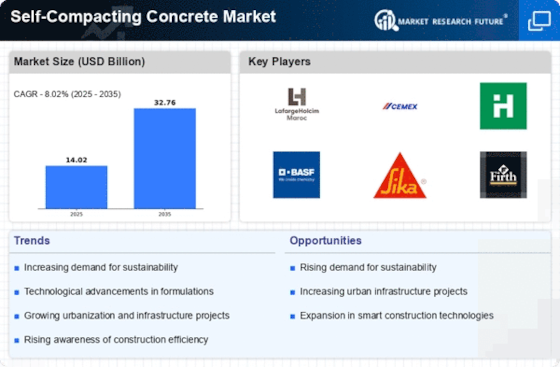

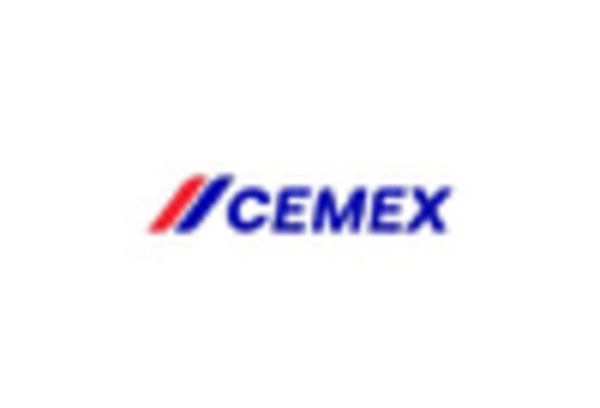
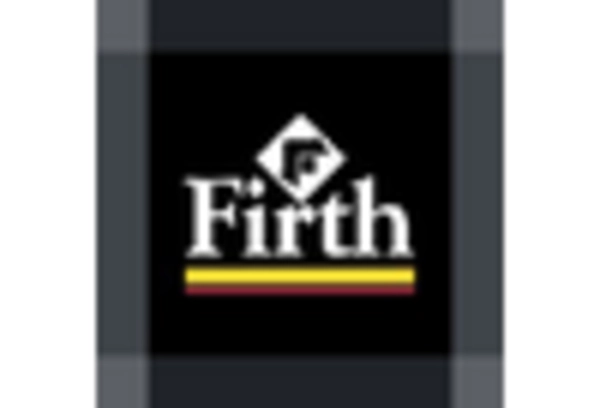

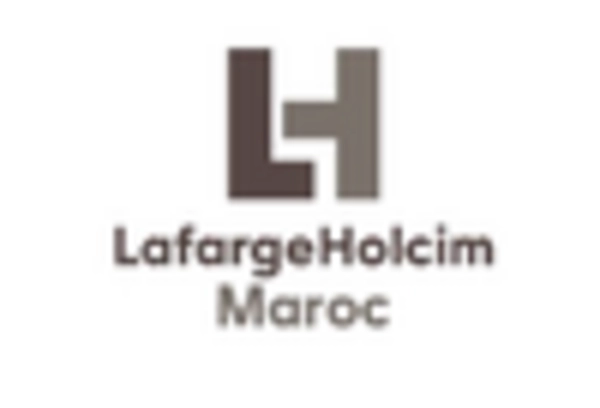
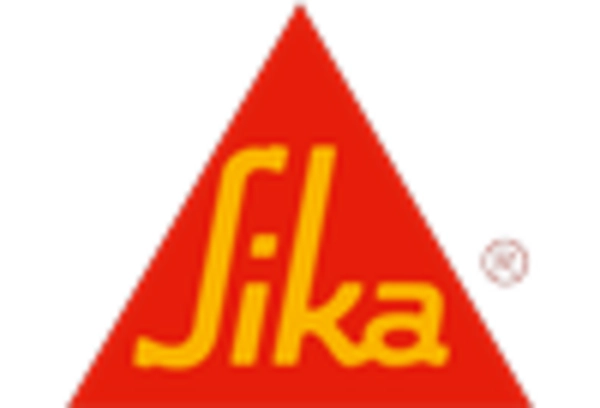









Leave a Comment